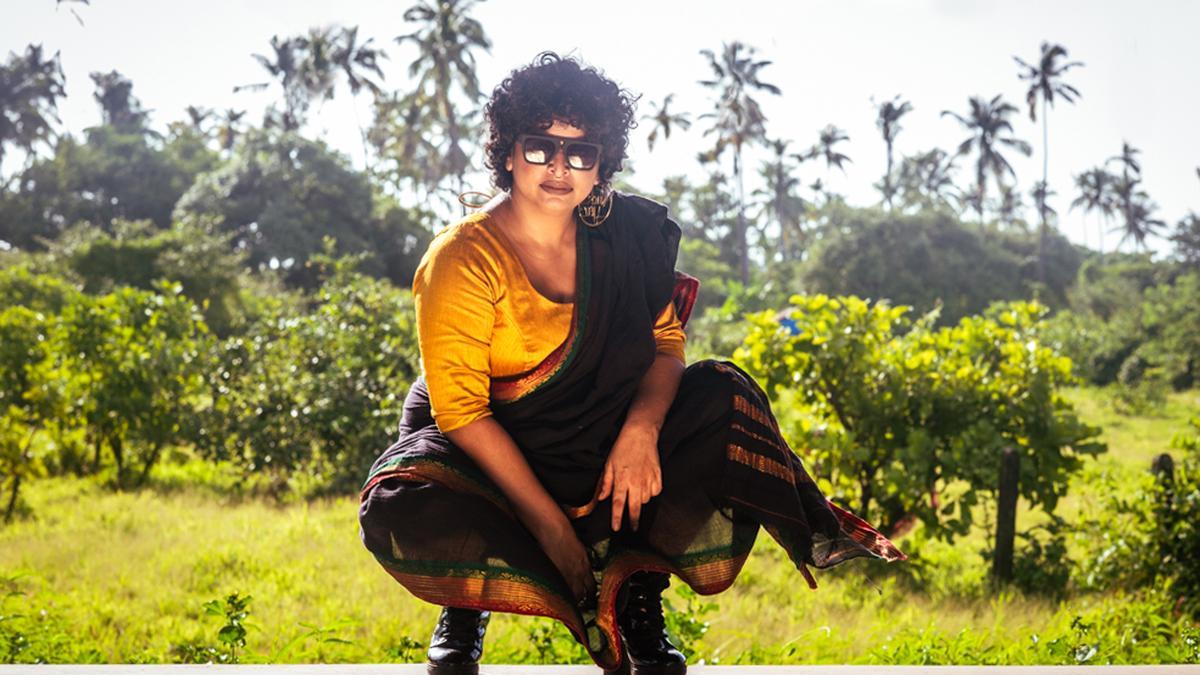
The Bollywood film industry, known as much for its cinematic grandeur as for its off-screen drama, finds itself at the heart of a fresh controversy. This time, the spotlight is on a heated debate concerning modern relationship norms and the institution of marriage, which has pitted two vintage Bollywood divas against each other. Saira Banu, a beloved yesteryear star, has been drawn into this dispute, providing her reflective stance on the matter.
At the core of this tussle is the question of whether couples should consider living together before tying the knot. It was brought to the fore when veteran actress Mumtaz criticized her fellow screen icon Zeenat Aman for endorsing the idea to younger couples. Mumtaz, herself an influential figure in the industry, questioned Zeenat Aman’s authority to dispense such advice, citing Aman’s own tumultuous marriage as a cautionary tale.
In an age where social media can magnify every personal endorsement or opinion into a public spectacle, the ripples of this disagreement have not gone unnoticed. Inevitably, media outlets have sought perspectives from other illustrious contemporaries of Aman and Mumtaz, and Saira Banu’s comments have given the discussion a new dimension.
“I am not reading much and I don’t really follow what they (Mumtaz and Zeenat) are saying, but we are very old-fashioned people. Our trend is 40-50 years old,” remarked Banu, when the Hindustan Times sought her views on the issue. Banu went on to add, “I can never agree with the concept of live-in relationships. It’s something unimaginable and unacceptable for me.”
Banu’s reaction reflects the values of an earlier Bollywood generation and an era where traditional views on marriage and relationships were largely unchallenged. Her comments underscore the perceptible generation gap and the changing attitudes towards relationships in contemporary India.
The discord between Mumtaz and Zeenat Aman came to light when Mumtaz expressed disapproval of Aman’s advice, implying that Aman’s personal experiences should serve as a deterrent rather than a guide. “Her marriage was a living hell,” she was quoted saying. This harsh rebuke was motivated by Aman’s suggestion that living together could be a preparatory step before marriage, a concept that remains contentious in many segments of Indian society.
Expectedly, Zeenat Aman chose not to escalate the feud. “Everyone is entitled to their own opinions. I’ve never been one to comment on others’ personal lives or tear down my colleagues, and I’m not going to start now,” she said, maintaining her dignity and opting to rise above the fray.
Moreover, Mumtaz’s comments during an interview with Zoom were pointed and unwavering: “Zeenat should be careful with what she is advising. She has all of a sudden come into this huge social media popularity, and I can understand her excitement about sounding like a cool aunty. But giving advice that is counter to our moral values is not the solution to increasing your following.”
The exchange has sparked discussion on diverse platforms, turning the spotlight on the evolving norms of personal relationships and the roles of public figures in influencing societal attitudes.
Saira Banu and her contemporaries hail from an era marked by different societal norms where pre-marital cohabitation was rare, and public discussion thereof was rarer still. Her reticence to embrace contemporary relationship trends encapsulates a broader struggle within Indian society, as it grapples with modernity while maintaining strong ties with tradition.
This high-profile disagreement between Zeenat Aman and Mumtaz, with Saira Banu’s subsequent intervention, illustrates a broader discourse that reflects the ongoing transformation within Indian society, particularly regarding concepts of love, companionship, and marriage. Such debates inadvertently become a mirror, reflecting how cultural sensibilities evolve over time, revealing the varying paces at which different strata of society come to terms with change.










